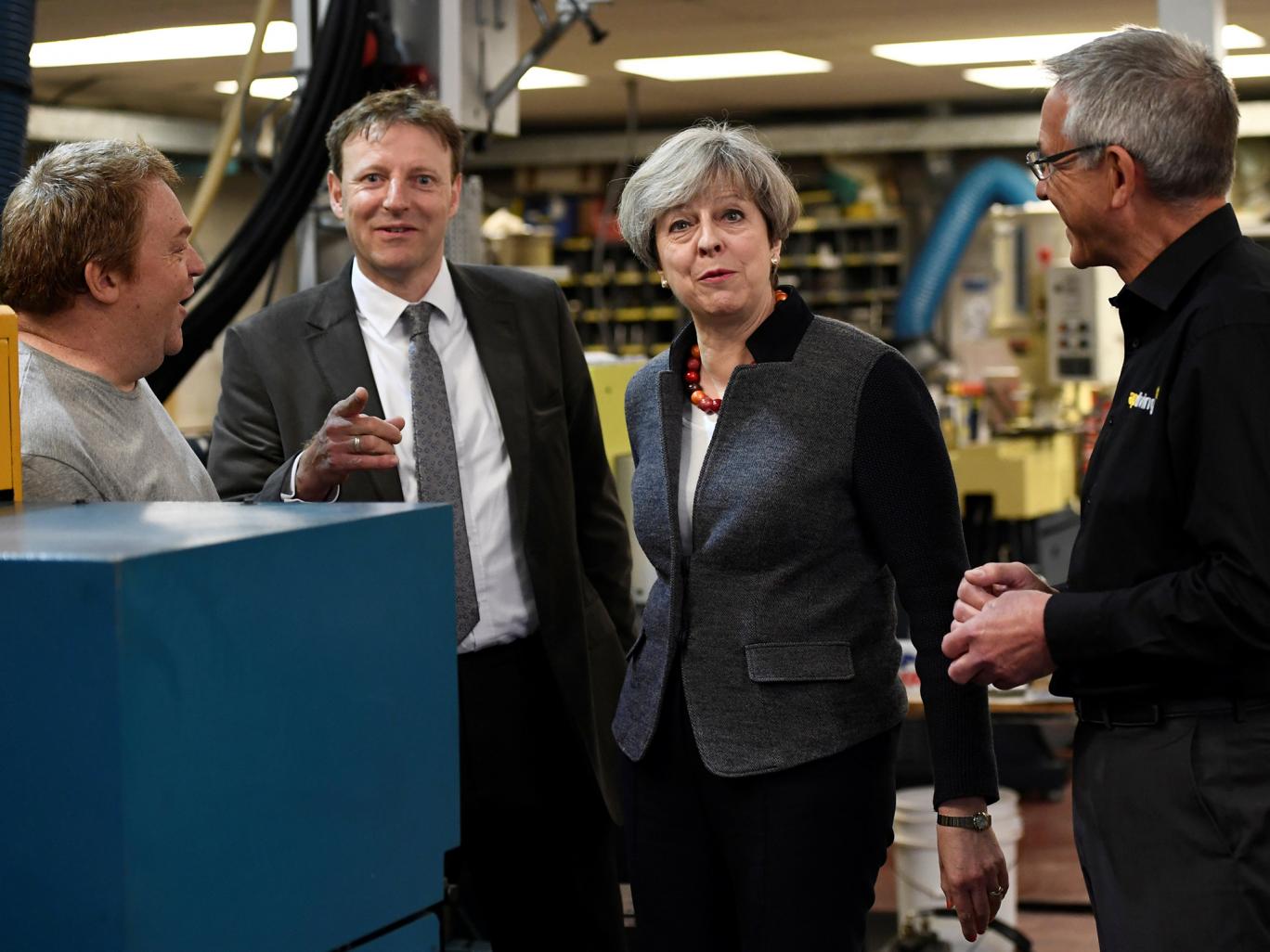
I can’t think of a more interesting period for political, constitutional journalism in the UK than right now. Four issues make this a time of major, fundamental debate.* And the same four stories are a huge challenge to the ability of political journalism to report them well.
For the moment put aside all the stuff I usually talk about, like social media, networked journalism, and digital literacy and look at this:
1. A coalition government in Westminster
2. A nationalist government in Scotland with an independence poll just a couple of years away
3. An opposition with a new leader and a leadership problem that is trying to redefine itself while acting as a government in waiting
4. An economic crisis that is undermining all political assumptions, including Britain’s position in a continental alliance that is cracking apart
Tell me when was the last time there was this much material for political journalism?
For today, let’s take the smallest country mentioned above: Scotland.
It’s an odd one. (No, the issue, not the country). Apart from the SNP the Tories have the most to gain from an independent Scotland as it would deny Labour a winning proportion of their MPs. Yet they are fighting for the Union.
Labour are a party of democracy yet find themselves arguing against more power for the people who live ‘north of the border’. I agree with Anthony Painter that a social democratic party like Labour should actually be backing the “Devo Max’ option.
But as Steve Richards has pointed out, referenda are never about the question on the ballot paper, which is why they are such crude tools. This one could turn into quite a different debate by the time 2014 comes around – just a year away from the next UK General Election.
I suspect it will also be a drain on the energies of all politicians. Just when Ed Miliband needs his Scottish troops they will be distracted by devolution. Just when David Cameron is trying to define our position regarding Europe, he is having to attend to what he sees as the disaster of ending the Union. This kind of sapping battle has a real impact on practical politics.
As it happens I suspect that Salmond should and will get his way with a third option on the ballot in some form. I can’t understand why it has to be a straight ‘yes’ or ‘no’. Even if the unlikely happened and there was a vote for independence, I suspect it would be Independence-lite with money, monarchy, defence and various other socio-economic aspects of life remaining closely linked to the Westminster government.
It’s certainly going to make politics even more complex and momentous over the next few years. All this and good old-fashioned grass-roots stories like HS2 too!
* As Paul Evans’ comment below reminds me – I haven’t even included Lords Reform – which is supposed to be Nick Clegg’s Big Issue – or voting reform, though I think we can assume that is now dead.




Good point. One other aspect to it is that all this places extra value once again on understanding how the rules and processes of the political system work – and raises the odds of you looking foolish and being very wrong if you don’t. (Just think of the number of people in the media still talking as if David Cameron could decide to call a snap election in the same way as previous Prime Ministers.)
Also, imagine how different it would have been if the recent political innovation of referendums hadn’t taken place. We used to have a consensus that they were a vile anti-democratic tool of demagogic politics – a view that is much more supported by the evidence than any current claims about their legitimacy. If we had a better way of taking decisions outside of parliament, you’d probably have Lords reform and a change to the voting system to add to your list.
Hi Mark,
I think you are right about the rules and processes needing close attention. Sadly ,all the textbooks are now out of date!
But I think in a period of change like this, it’s not just about the written regulations. So, for example, I hope the Scotland debate doesn’t get bogged down in a legal row about who has the right to define the ballot question. It’s a political choice that should and will be negotiated. I think the Steve Richards’ Referenda Rule is interesting. These votes always backfire on someone…
cheers
Charlie
Interesting times on the UK constitution indeed, and it does need quality journalism to address them. It is, therefore, most unfortunate that John Lloyd in the FT yesterday produced a shallow, factually dubious, and stereo-typing piece that came close to being offensive to the average Scottish voter. The headline and sub-headline tells us much about the nature of this naked political polemic
“Scotland’s secessionists are slaves to a romantic tartan past -SNP strategy boils down to medieval populist”
Positivly arguing the merits and benefits of the UK is one thing (and the case may be strong) – but diatribes and mocking references to tartan etc. recall an old Anglo-colonial patrician mindset of the worse sort.
Does it ever occur to anti-independent Westminster politicians and their supporting journalists that commentary of this sort, quite possibly has the effect of causing offence to many undecided, but perfectly sensible, Scottish voters, who may well then decide that being grown-up and indpendent might not be so bad an option after all?